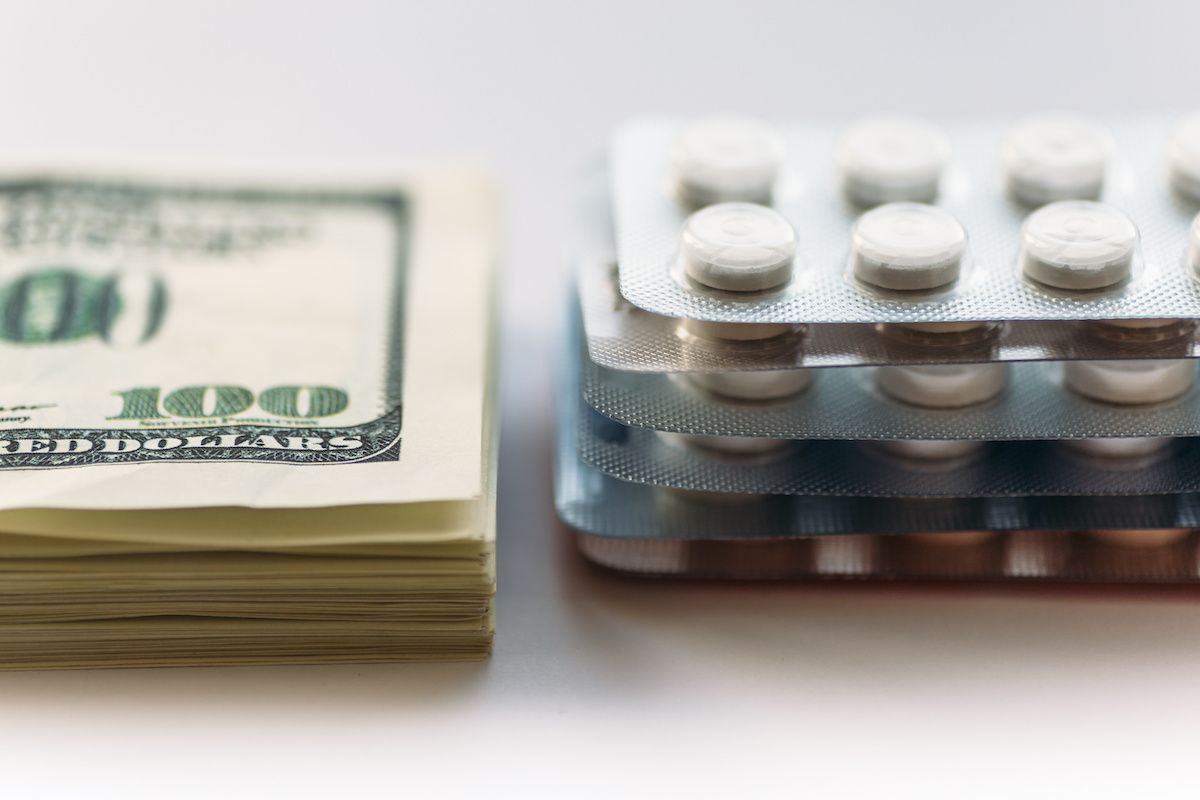- Bone Health
- Immunology
- Hematology
- Respiratory
- Dermatology
- Diabetes
- Gastroenterology
- Neurology
- Oncology
- Ophthalmology
- Rare Disease
- Rheumatology
STADA Credits Biosimilar Expansion for Profitable First Half of 2024
German biosimilar manufacturer STADA Arzneimittel reported a 9% revenue increase in the first half of 2024, with over €2 billion in sales, driven in part by biosimilar successes and new product launches.
German biosimilar manufacturer STADA Arzneimittel gave kudos to biosimilar successes for its increased revenues for the first half of 2024, rising 9% from the same period the year prior, according to the company’s earnings report.
STADA's Specialty segment saw the most significant growth in the first half of 2024, with a 14% increase in sales, largely driven by the success of key biosimilars like Hukyndra and Ximluci, alongside the launch of new products such as Uzpruvo and expanded partnerships for future biosimilars. | Image credit: DedMityay - stock.adobe.com

STADA achieved over €2 billion (US $2.02 billion) in sales in the first half of 2024, marking a 9% increase compared with 2023, with all 3 business segments—Consumer Healthcare, Generics, and Specialty—contributing to this growth. The Specialty segment, driven by expanding biosimilars and new neurology and nephrology products, was the fastest growing and most profitable.
STADA's earnings before interest, tax, depreciation, and amortization (EBITDA) rose 11% to €463.5 million (US $511.9 million). Despite global economic challenges like inflation and stagnant growth in major economies, STADA maintained a reliable supply and adapted well to market conditions.
“STADA’s ongoing growth journey bears testimony to the strength and resilience of our 3-pillar strategy – Consumer Healthcare, Specialty and Generics. Our first-half performance ahead of the industry is a direct result of the exceptional engagement, entrepreneurial vision, and growth culture among our around 11,500 colleagues around the world,” stated Peter Goldschmidt, CEO of STADA.
Biosimilars and Specialty Medicines
In the first half of 2024, STADA's Specialty segment sales grew by 14% to €417.3 million (US $460.9 million), contributing 21% of total group revenues. The growth was driven by an expanded portfolio, including 7 biosimilars, and the roll-out of brands like Lecigon (levodopa, carbidopa monohydrate and entacapone) for Parkinson disease and Kinpeygo (budesonide) for a rare kidney disease.
Key biosimilars like Hukyndra (adalimumab), Oyavas (bevacizumab), Ximluci (ranibizumab), and Movymia (teriparatide) performed well, with Hukyndra seeing double-digit volume growth and Ximluci becoming the second-ranked biosimilar by value. STADA also launched Uzpruvo (ustekinumab) and expanded its biosimilar pipeline with partnerships for golimumab and denosumab.
Generics Success
STADA's Generics segment saw a 12% revenue increase to €838.2 million (US $925.8 million) in the first half of 2024, driven by the introduction of complex generics like rivaroxaban and dabigatran across Europe, along with strong market share growth in countries such as Germany, Italy, and Poland. STADA said this growth was supported by the generics launch pipeline covering 80% of upcoming patent expirations.
The Consumer Healthcare segment grew 3% to €768.3 million (US $848.6 million), despite a weak cough and cold season. Excluding seasonality, the segment achieved double-digit organic growth, led by strong performance in dermatology, vein health, vitamins, and disinfectants. STADA also expanded in emerging markets through partnerships in China, the Philippines, and the United Arab Emirates, contributing to overall growth in the Gulf region.
Company Culture and Performance Drivers
“Our continued growth ahead of market averages is compelling proof that our strong culture drives our performance. Across the group, we act with integrity and share best practices as One STADA, brought together by our common purpose of Caring for People’s Health as a Trusted Partner,” Goldschmidt commented.
A group-wide employee survey showed high engagement, with 89% confident in meeting business goals, and 52% of management positions held by women. STADA also ranked in the top 6% of the industry.
Reference
STADA continues strong growth journey in the first half of 2024. STADA Arzneimittel. Press release. August 28, 2024. Accessed September 9, 2024. https://www.stada.com/blog/posts/2024/august/stada-continues-strong-growth-journey-in-the-first-half-of-2024
Escaping the Void: All Things Biosimilars With Craig & G
May 4th 2025To close out the Festival of Biologics, Craig Burton and Giuseppe Randazzo from the Association for Accessible Medicines and the Biosimilars Council tackle the current biosimilar landscape and how the industry can emerge from the "biosimilar void."
How AI Can Help Address Cost-Related Nonadherence to Biologic, Biosimilar Treatment
March 9th 2025Despite saving billions, biosimilars still account for only a small share of the biologics market—what's standing in the way of broader adoption and how can artificial intelligence (AI) help change that?
